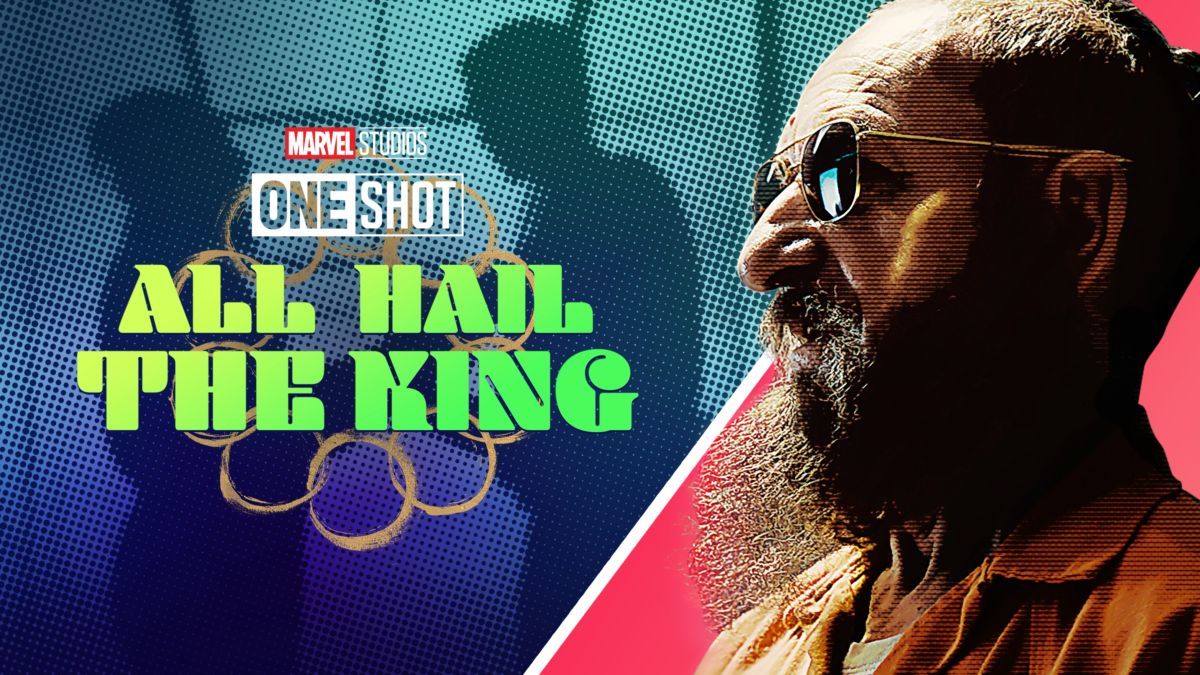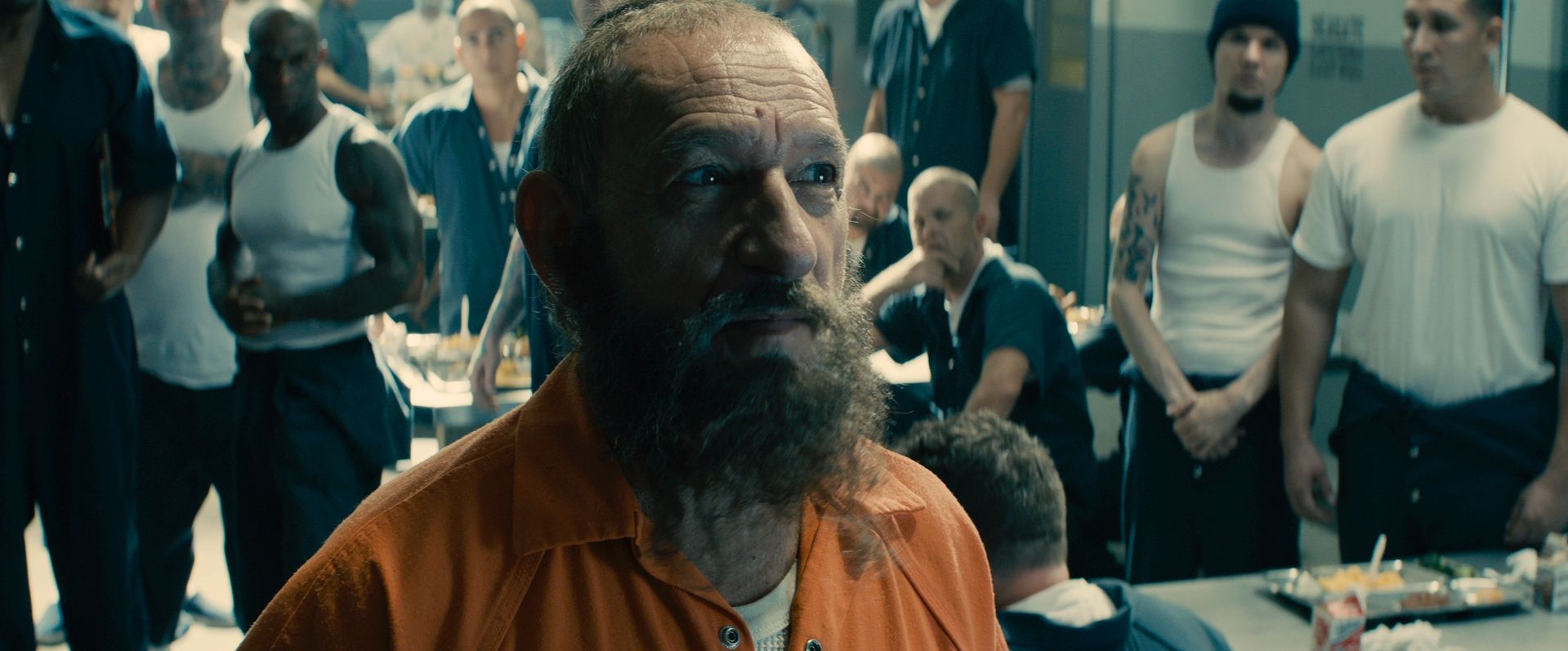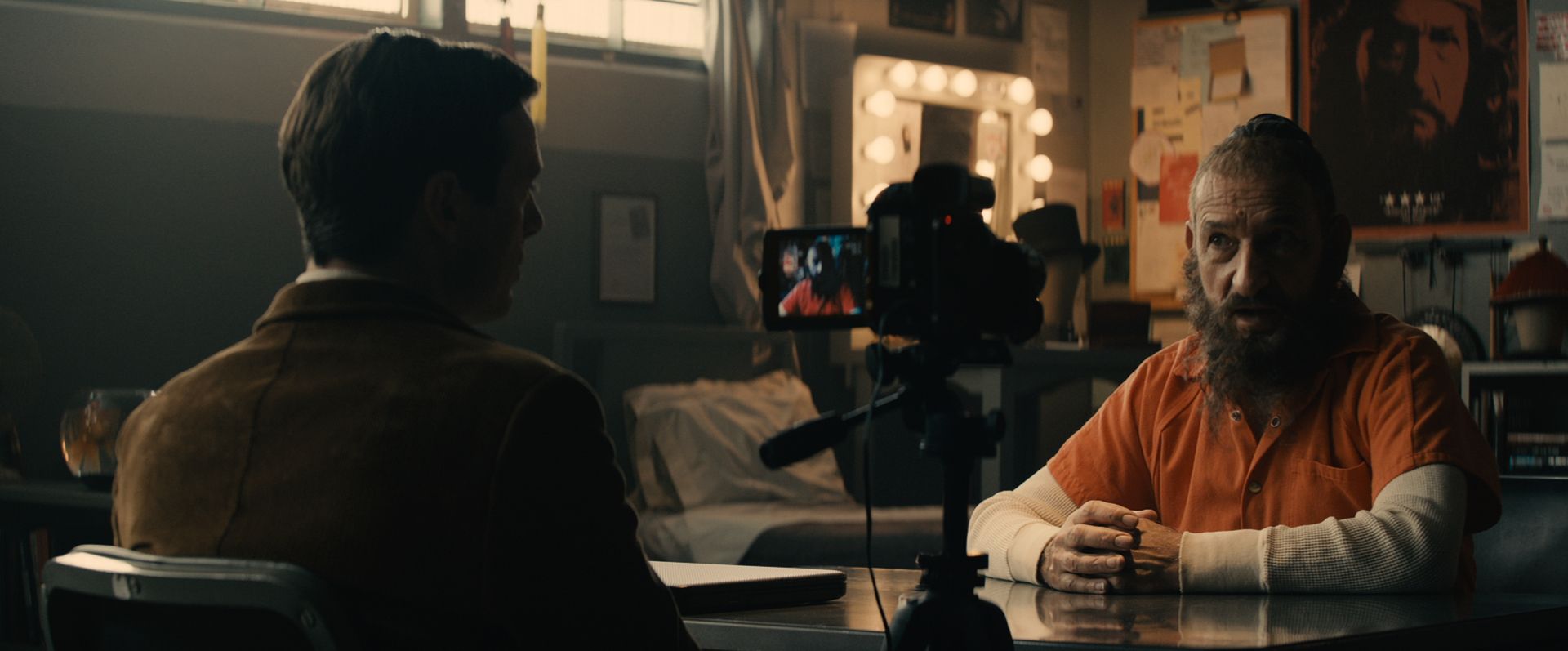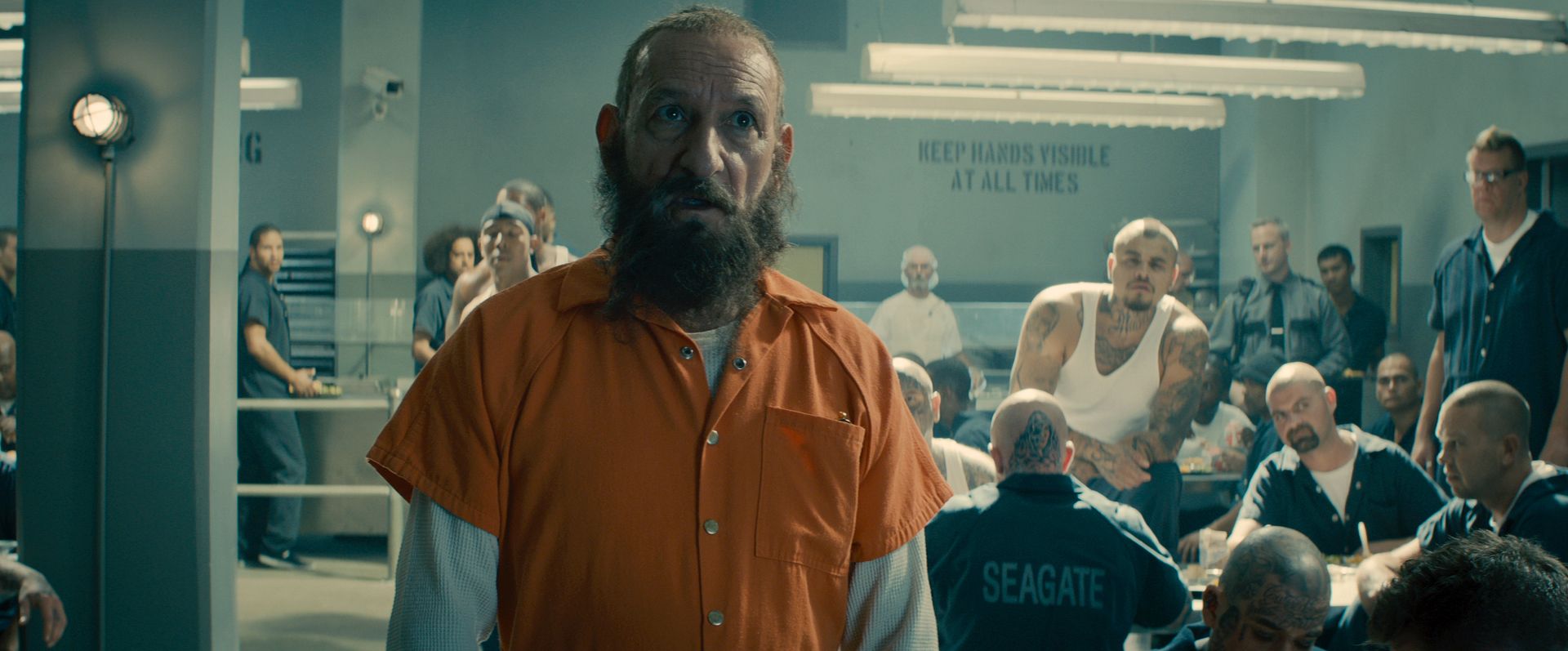Marvel Studios has earned its reputation for bringing a high volume of characters to the big screen through live-action. Predictably, they’ve brought some of their most recognizable heroes, villains, and those in-between to life, but have taken measures of finding importance around the “lesser-knowns” that Marvel die-hards have patiently waited for. During the first phases of the Infinity Saga, the studio released a series of Marvel One-Shots.
The introduction of The Mandarin in Iron Man 3 was met with mixed reactions. Sir Ben Kingsley took on the role of fictional Trevor Slattery, who was, it was later revealed, masqueraded as The Mandarin. Unlike his comic-book counterpart, Kingsley’s version of The Mandarin was not Chinese-born and was used as a ploy to disguise the real villain of the movie. Shang-Chi and the Legend of the Ten Rings brought back Kingsley's character in an attempt to resolve the issues caused by the Iron Man 3 debate. Tony Leung Chiu-wai was cast as Wenwu, or the real Mandarin, with a background more faithful to his source material. Consequently, Kingsley appeared in Shang-Chi in a more self-aware manner, poking fun at the studio’s past mistakes. While The Mandarin was retconned in cinematic canon, here’s why Marvel’s All Hail the King should still be watched.
What is a Marvel One-Shot?
Marvel One-Shots are a series of shorts released by Marvel Studios that source their inspiration from events that have occurred within the Marvel Cinematic Universe. They can either serve as micro-entries into the ongoing trajectory of the Marvel Cinematic Universe, or use hand-picked characters to diverge off in their own narrative. Marvel One-Shots are released as short films that run from three to 15 minutes. Originally, these short-form entities were attached to Blu-ray DVDs as a bonus featurette. The first One-Shots were released in 2011 and incentivized buying DVD-released movies. The self-contained backstories contributed to growing character development even after the post-credit scenes have hit.
Each installation into the library of Marvel One-Shots is fairly simplistic. They aren't the most ornate or complicated. They serve the purpose of being more informative and assisting an audience in grasping the greater scheme of the Marvel Cinematic Universe as it shows no signs of slowing down to explain itself. For those who do not have the time to dedicate hours upon research to make sure they're staying in stride with the Marvel Cinematic Universe, the Marvel One-Shot series is a perfectly packaged collection of microdosed superheroism.
How Many Marvel One-Shots Are There?
Currently, there are seven Marvel One-Shots that have intermittently supported larger Marvel Cinematic Universe films. The Consultant was the first to release and wedged itself after Iron Man 2 and The Incredible Hulk. S.H.I.E.L.D Agent Phil Coulson (Clark Gregg) takes the reins on the initial Marvel One-Shot, which elaborates on the formation of the Avengers Initiative. Coulson returns to head the second Marvel One-Shot, A Funny Thing Happened on the Way to Thor's Hammer, that supports the importance of Coulson's role in the Marvel Cinematic Universe. Where some Marvel One-Shots, such as Item 47, are viewed as forgotten, others are detrimental to driving forward the overarching scope of the Marvel Cinematic Universe's greater plan. Agent Carter insists that Agent Peggy Carter (Hayley Atwell) is direly important to the creation of S.H.I.E.L.D. The Agent Carter short acted as an imperative bridge between Captain America: The First Avenger (2011) and Captain America: The Winter Soldier (2014).
Is All Hail the King Canon?
All Hail the King projects more depth on Kinglsey's role in the Marvel Cinematic Universe that became a topic of debate since the casting announcement was shared with the public. The short follows Trevor in the wake of his arrest at the end of Iron Man 3 as he adjusts to his new incarcerated lifestyle. The episode is approached from more of a documentary-style perspective as Trevor chronicles Iron Man 3 from his point of view and his eventual comradery with The Ten Rings terrorist organization. All Hail the King walks back and provides a more provocative look at Trevor from a more personal frame of reference.
When taking into consideration the high volume of Marvel content released at such a restless and mass-produced rate, it’s hard to confidently say what is — or isn’t — canon. Marvel Studios produces Marvel One-Shots, and it features canonical characters, meaning that it can be presumed that the short is considered to be official in cinematic lore. It offers enough personal insight that All Hail the King could resonate as canon in the Marvel Cinematic Universe. There's enough explicit detail that supports the world-building and development of other characters included cinematically at the time of release.
More than anything, of course, All Hail the King walks back on the mistakes made around The Mandarin through Marvel's first attempt to feature him as a villain. This is an important note when taken into consideration with the fact that Marvel Studios made a promise of diversity and inclusion in its projects, something that was sorely lacking in the Infinity Saga. The Mandarin's portrayal (or, more correctly, lack thereof) in Iron Man 3 was, for many, a lost opportunity to portray Asian and Asian-American cultures and characters in the franchise. Interestingly, Shang-Chi was originally planned to be introduced in Phase 1, but it ultimately took over a decade of MCU films to finally bring an Asian superhero into the fold.




